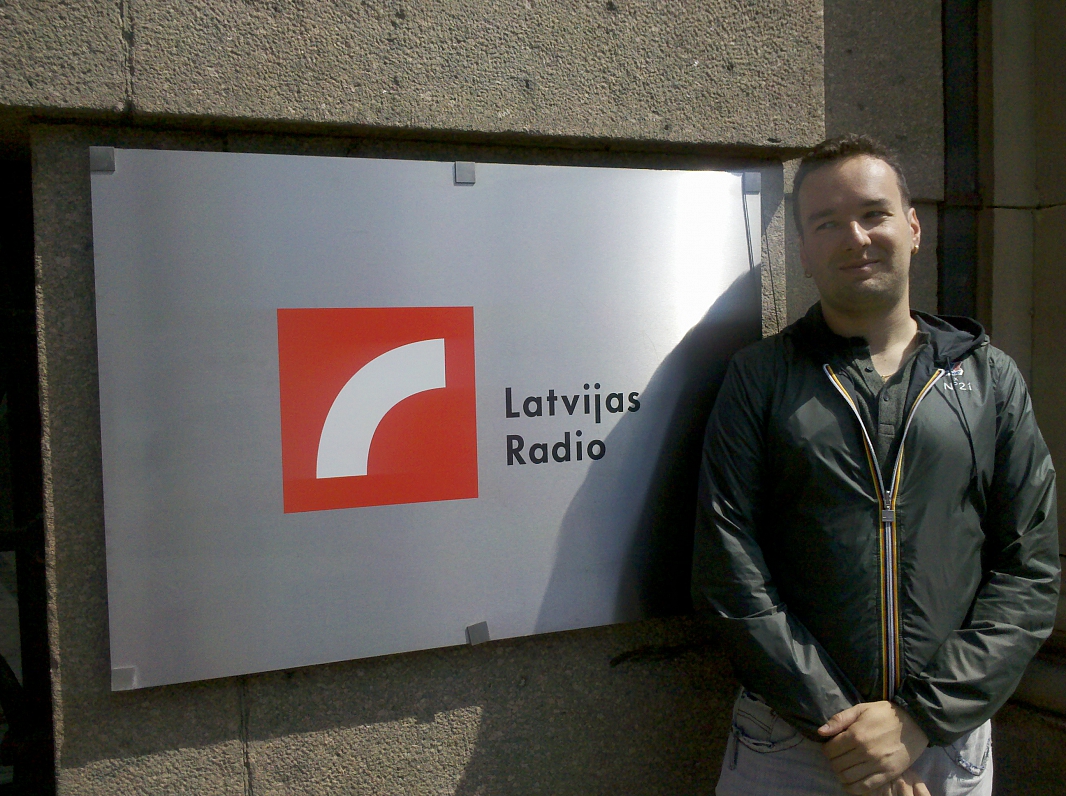Birman was one of 173 people to be awarded fellowships out of more than 3,000 applicants and one of only 12 in the field of music composition.
Since its establishment in 1925, the Guggenheim Foundation has granted more than $360 million in Fellowships to over 18,000 individuals, among whom are scores of Nobel laureates, Fields Medalists, poets laureate, members of the various national academies, and winners of the Pulitzer Prize, Turing Award, National Book Awards, and other important, internationally recognized honors.
Guggenheim Fellowships are grants to selected individuals made for a minimum of six months and a maximum of twelve months to help provide Fellows with blocks of time in which they can work with as much creative freedom as possible. Grants are made freely: no special conditions attach to them, and Fellows may spend their grant funds in any manner they deem necessary to their work.
You can hear more about Birman, his Latvian roots and his collaborations with Latvian musicians and choirs in this interview we did with him in 2017.
Born in Daugavpils, Latvia's second-largest city, Eugene already has an international reputation and a talent for generating controversy with his thought-provoking compositions, many of them in collaboration with Tallinn-based librettist Scott Diel.
Most famously they collaborated on a 'Twitter opera' based on a confrontation between former Estonian president Toomas Hendrik Ilves and Nobel prize-winning economist Paul Krugman on social media.


























